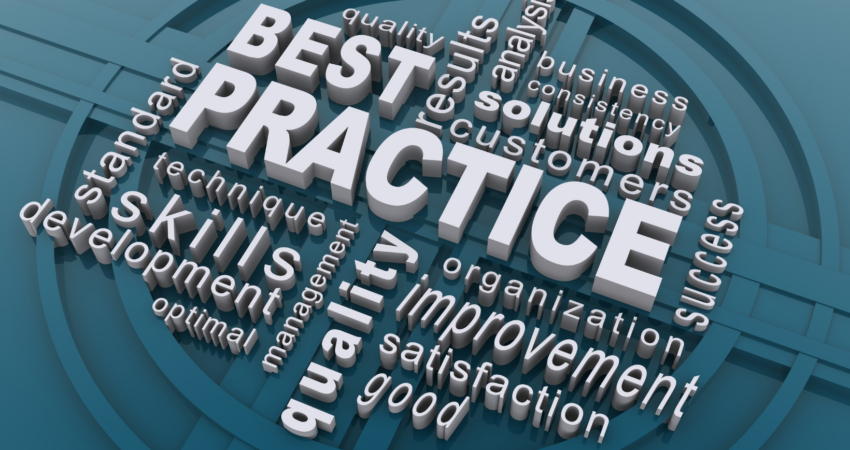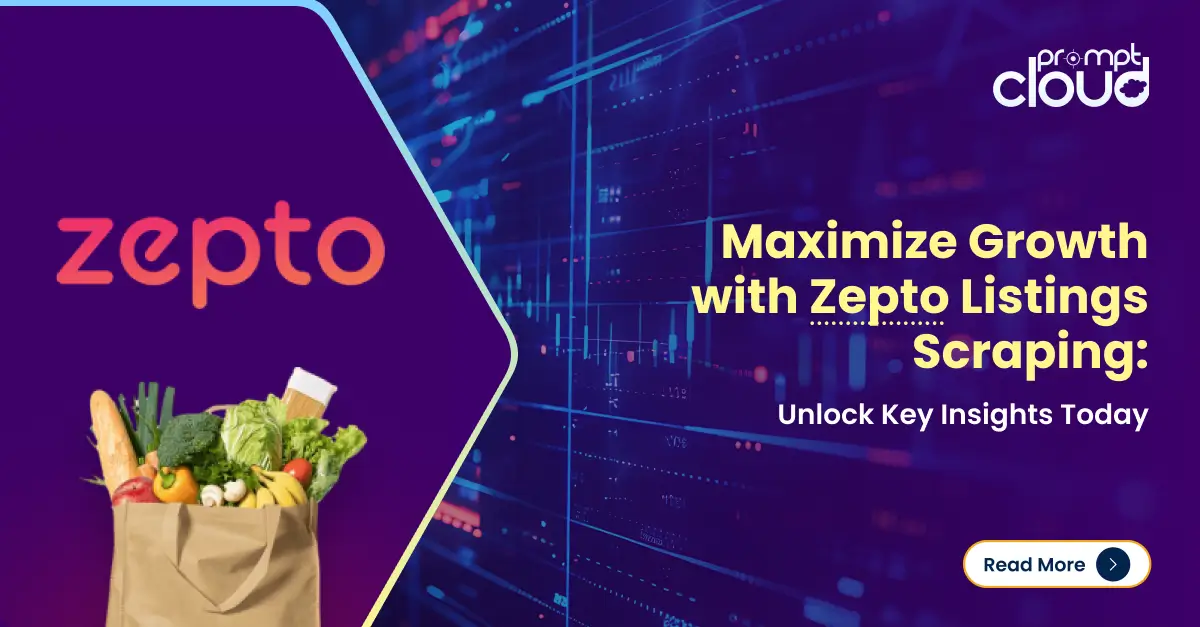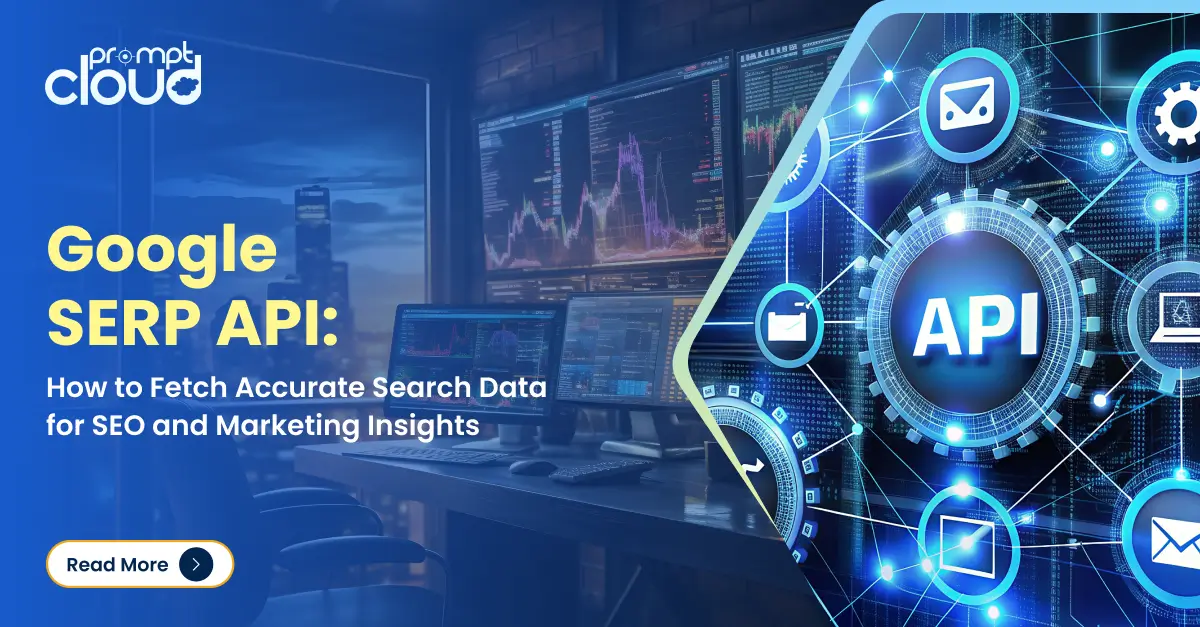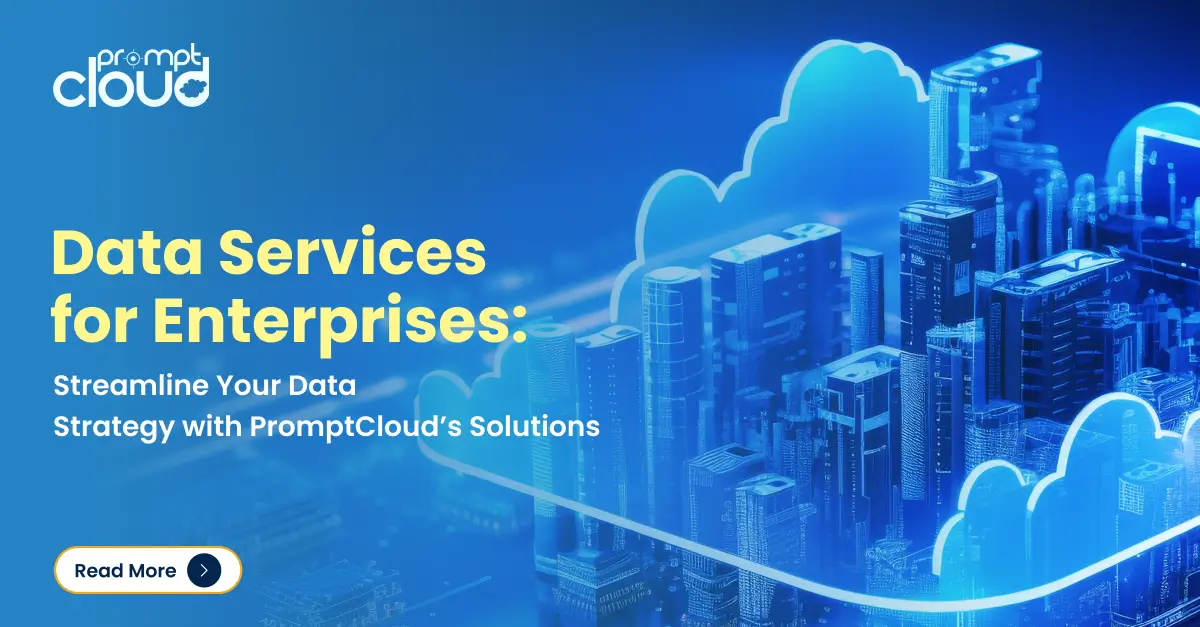
Web scraping is the process of extracting data from websites automatically using a software program or script. It is commonly used to gather data for various purposes, such as analysis, market research, and business intelligence. Some of the web scraping best practices include:
- Reviewing the website’s terms of service.
- Avoiding overloading websites with too many scraping requests in a short period of time.
- Ensuring that scraping activities are ethical and legal.
- Making sure that you are not violating any copyright or privacy laws when scraping data.
Now, let’s dive deeper into some of these best practices for scraping the web.
How Not to Harm the Websites When You Scrape
Web scraping may put a strain on the websites you scrape, especially if you send too many requests too quickly or use techniques that are not respectful of the website’s resources. Here are some ways to avoid harming the websites you scrape:
- Using a scraping tool that allows you to set a delay between requests, can ensure that you don’t overload the website’s servers.
- Make sure to respect the website’s robots.txt file and avoid scraping any pages or directories that are disallowed.
- Some websites may require you to be logged in to access certain pages or data. Be sure to use session cookies or user authentication to avoid repeatedly logging in and out of the website, which can put a strain on the website’s resources.
- Scrape a website only as frequently as necessary. If the data on the website doesn’t change often, there’s no need to scrape it multiple times a day.
- Using caching to store the data you scrape so that you don’t have to scrape the website every time you need the data, can help reduce the load on the website’s servers and improve the performance of your scraper.
- Avoid using aggressive scraping techniques, such as scraping multiple pages at once or scraping pages that require a lot of resources to load, can put a strain on the website’s servers.
How to Avoid Violating Copyright
Web scraping can potentially infringe on the copyright of the website owner if you scrape content that is protected by copyright law. In such cases you may consider only scraping data that is in the public domain or data that has been explicitly licensed for public use.
If the website offers a public API, consider using it instead of scraping the website directly. It may provide access to the data you need in a structured format that is easier to use.
If you want to scrape copyrighted data from a website for research, or other purposes that may fall under the fair use doctrine, make sure to carefully consider whether your use is likely to be considered fair use and obtain legal advice if necessary.
Often creative works, such as images, videos, and music, are protected by copyright law. Avoid scraping these unless you have explicit permission or they are in the public domain.
It’s important to always be mindful of copyright law and to seek legal advice if you are unsure about whether your scraping activities may violate someone else’s copyright.
What to Look for Before you Start Your Scraping Project
Before starting a web scraping project, it’s important to do some research to ensure that your project will be successful. Here are some things to look for before you start your web scraping project:
- Website structure: Look for patterns in the website’s URLs, HTML tags, or CSS selectors that can help you identify the data you need and check if it is accessible.
- Data availability: Some websites may not have the data you need, or may require you to navigate through multiple pages to find it.
- Terms of service: Certain websites may prohibit web scraping or may require you to obtain permission before scraping their website.
- Legal considerations: Make sure you consider any legal implications of your web scraping project, such as copyright or data protection laws.
- Data quality: Check the quality of the data you will be scraping to ensure that it is accurate and up-to-date.
- Website Performance: Check the website’s performance to ensure that it can handle the volume of requests you will be sending.
- Security: Check the website’s security to ensure that your scraper will not be blocked or blacklisted. Some websites may have security measures in place to prevent web scraping, such as CAPTCHAs or IP blocking.
If your business is looking to scrape data on a large scale across multiple websites, you might want to consider opting for a web scraping service provider. Web scraping services can help ensure the success of a scraping project by providing ease of use, accuracy, scalability, customization, automation, and compliance.
Being Aware of GDPR (General Data Protection Regulation)
The General Data Protection Regulation (GDPR) is a European Union (EU) Law that regulates how companies and organizations handle personal data. If you are scraping data from websites that may contain personal data of EU citizens, you must be aware of GDPR and ensure that you comply with its requirements. Web scraping best practices guide can help you stay away for legal hassles of scraping. Here are some things to consider regarding GDPR before web scraping:
- Familiarize yourself with the basic principles of GDPR, such as the requirements for obtaining consent for data processing, the right to access and correct personal data, and the requirements for data protection.
- Identify any personal data that may be present in the websites you are scraping, including any information that can be used to directly or indirectly identify an individual, such as names, email addresses, and IP addresses.
- Collect only the data you need for your project and avoid collecting unnecessary personal data. This can help minimize the risk of data breaches and ensure compliance with GDPR.
- Take appropriate measures to protect the personal data you collect from unauthorized access, disclosure, or loss. This may include encryption, access controls, and other security measures.
- Data subjects have certain rights under the GDPR, such as the right to access, rectify, and delete their data. If you scrape personal data, you must respect these rights and provide a way for data subjects to exercise them.
- The GDPR requires you to implement appropriate technical and organizational measures to protect personal data against accidental or unlawful destruction, loss, alteration, or unauthorized access.
By being aware of GDPR before web scraping, you can ensure that you are in compliance with its requirements and minimize the risk of legal or ethical issues related to data privacy. Understanding web scraping best practices is imperative to start gathering data.
While these are most of the processes to look for before starting your web scraping project, many other challenges may come along the way. So, you may choose to opt for a web scraping service provider that covers your end-to-end data needs.




















